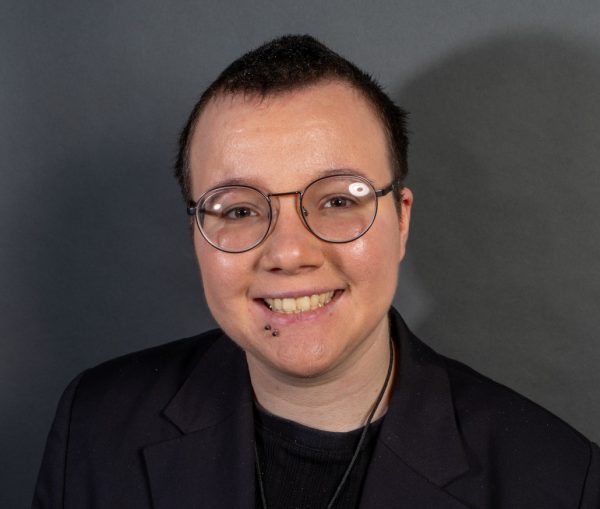People stating they are sick before a class starts, coughing or sneezing in a crowd without a mask on, not staying home, employers asking job applicants why they were unemployed or had a gap in employment in 2020 – despite still being around, many people act like COVID-19 is gone.
Have we forgotten that a deadly disease upended everything for two years, and still does?
COVID-19 has not gone away, and if anything it has only become more common as new strands mutate. COVID-19 has, and still does, permanently disable individuals and weaken people’s immune systems, with side-effects becoming riskier for those infected multiple times with variants.
The period of lockdown during COVID was brutal due to its unique sense of loneliness and isolation, but it also taught human beings much about themselves and community building.
People have lost the mindset of caring for others, at least to the degree that they were, and are now only starting to relearn the value in building a coalition with others.
Masking up, sharing resources, and educating oneself about immunocompromised people and their symptoms are all viable ways we, even as students, can protect our community.
By not educating ourselves about Long-COVID or the lack of equity and inclusion for disabled individuals, we are complicit in not helping public health.
As someone who has experienced their own medical emergencies and traumas, we also need to stop assuming younger people are “too young” to be disabled.
The fact is that anyone can become disabled at any time. At 18 I went from being able to run a 12 minute mile to not being able to stand for more than fifteen minutes at a time before experiencing heart palpitations and becoming lightheaded. At 20, I began research for insurance coverage of wheelchairs and architectural accessibility.
One of the best pieces of advice I’ve been given from online disability communities is that if you believe using a mobility aid would improve your day to day life, use it!
Although it is likely intimidating and nerve-racking at first, being able to live your life to the fullest is a right, not a privilege.
Young people are not immune to disability just because they might “look healthy.” This applies to anyone of all ages. Physical appearance does not determine a person’s health.
Your opposition or refusal to mask-up is single-handedly harming others, and if not them, then friends or relatives they are around frequently.
We need time to continue to reflect about how to stand in solidarity with others in times of hardship. Actively learning and talking to disabled individuals is the only way to create more accessible, inclusive spaces which value people’s needs first, not the businesses or corporations.
The politicization of COVID-19 was one of the largest mistakes during the pandemic because it made a gesture of basic human kindness and respect to one of determining political factions.
As a socially active campus, we have a responsibility to mask-up again and be COVID-conscious to protect our own and loved ones’ health. As guidelines regarding public health shift post-inauguration, we need to rely on ourselves to commit to togetherness actions for our neighbors.




